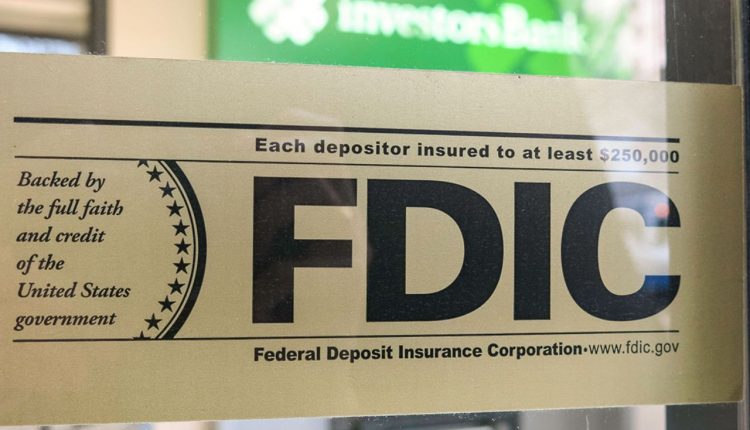FDIC Doesn’t Include Crypto Deposits under Its Deposit Protection

The Federal Deposit Insurance Corporation (FDIC) advises the general public to note that deposit insurance does not include non-bank businesses and products other than deposits, such as stocks and cryptocurrencies.
The Federal Deposit Insurance Corp (FDIC), an independent agency in the United States that insures deposits and helps protect clients if a certain bank fails, has posted a press release clarifying its mandate for crypto investors.
The Federal Deposit Insurance Corporation (FDIC) stated to the public on Friday in the form of a fact sheet about cryptocurrency companies and deposit insurance. In the document, the FDIC informs the public that promises to cover cryptocurrency deposits are not accurate.
According to the organization, several cryptocurrency platforms have “misrepresented” facts on crypto goods and their potential for receiving FDIC deposit protection.
According to the Fact Sheet, “these kinds of assertions are false and can cause consumer confusion about deposit insurance and harm consumers under certain circumstances,” making it very apparent that the FDIC insurance program does not cover cryptocurrency. More specifically, the protection for deposits does not extend to failing non-bank firms, such as cryptocurrency startups.
It is also stated in the Fact Sheet that “consumers with non–deposit goods such as stocks, bonds, mutual funds, securities, commodities, or crypto assets are not protected by deposit insurance.”
In good and bad financial times, one thing remains the same: your money up to $250,000 is protected at FDIC-insured financial institutions. Since 1934, no FDIC-insured depositor has lost a penny of their insured funds. https://t.co/059yrVwiiH pic.twitter.com/iSP2OZEO08
— FDIC (@FDICgov) July 29, 2022
“In good and bad financial times, one thing remains the same: your money up to $250,000 is protected at FDIC-insured financial institutions. Since 1934, no FDIC-insured depositor has lost a penny of their insured funds.”
Deposits From Non-banks and the Products Offered by Insured Banks
An advisory from the FDIC also sought to clarify that the FDIC does offer depositor protection to the customers of insured banks; however, this protection does not extend to the customers of non-bank entities, even if the non-bank entity offers its products through a depository bank that the FDIC insures.
According to the advice, FDIC-insured banks should make it a point to verify and keep a close eye on any interactions they have with cryptocurrency companies to ensure that these businesses do not misrepresent the availability of deposit insurance.
Following recent events involving the defunct cryptocurrency lender Voyager Digital, the FDIC has stated to the general public.
The crypto firm, which had some customer funds with an FDIC-insured institution (the Metropolitan Commercial Bank), has been advised to refrain from misrepresenting facts concerning deposit insurance to its customers. The FDIC is investigating the company.

Comments are closed, but trackbacks and pingbacks are open.